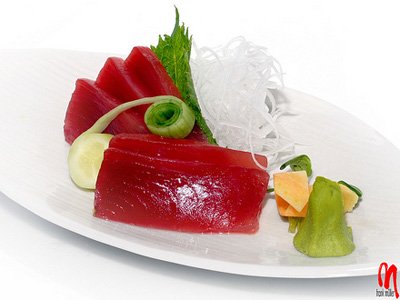 Captain Paul Watson of Sea Shepherd has been speaking about the economics of extinction for some years. He talks about the specially constructed, highly technical warehouses that can store bluefin tuna for up to 7 years. He opines that there are ruthless individuals who are intent on driving the bluefin to extinction in order to profit from what will become a priceless commodity – the tuna that they have in storage. Read more…….
Captain Paul Watson of Sea Shepherd has been speaking about the economics of extinction for some years. He talks about the specially constructed, highly technical warehouses that can store bluefin tuna for up to 7 years. He opines that there are ruthless individuals who are intent on driving the bluefin to extinction in order to profit from what will become a priceless commodity – the tuna that they have in storage. Read more…….
Marine biologist, Wallace J Nichols asks “Why are delicacies such as boiled shark fins, sea turtle eggs, and cubes of quivering tuna belly as addictive as cocaine to some people, yet so repulsive to others? ” This question and more will be debated at an event to be held on Block Island in May 2013 at which ocean experts will be joined by leading neuroscientists. Read more…….
A recent report created by the International Scientific Committee to Study the Tuna and Tuna-Like Species of the North Pacific Ocean found that the “bluefin tuna population has dropped more than 96 percent….” This is similar to the drastic impact fishing has had on other species, like sharks. But, who is to blame? Most of the fishing of bluefin tuna happens off the coast of Japan, which has virtually no limits on tuna fishing. 80 percent of bluefin tuna are used for sushi — stuffed into our mouths in the form of spicy tuna rolls and toro sashimi. Read more……..
Conservationists must address this situation as a matter of urgency or their efforts to protect the bluefin tuna from extinction may be in vain. We can also play our part in maintaining tuna stocks by refusing to buy it. There are so many wonderful delights with which to excite our palates that do NOT result in species extinction. Do you care enough about the health of our oceans to make another choice?


You must be logged in to post a comment.